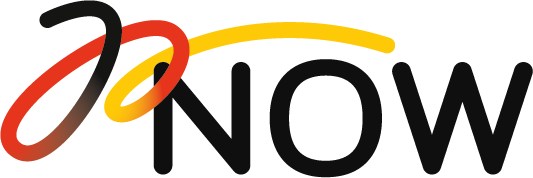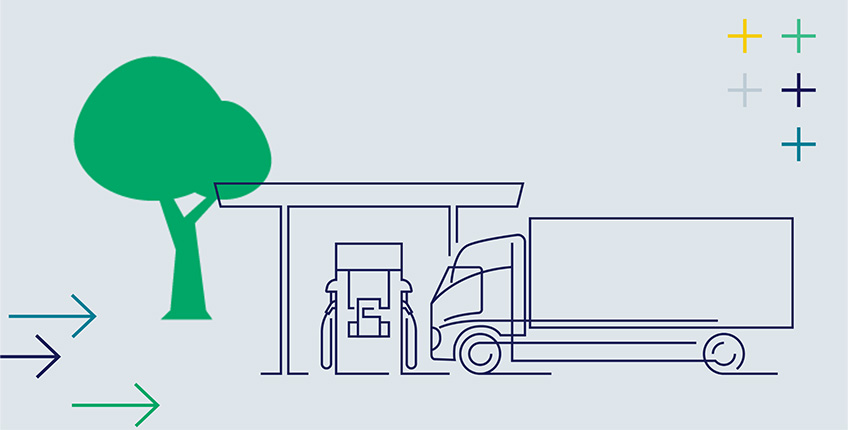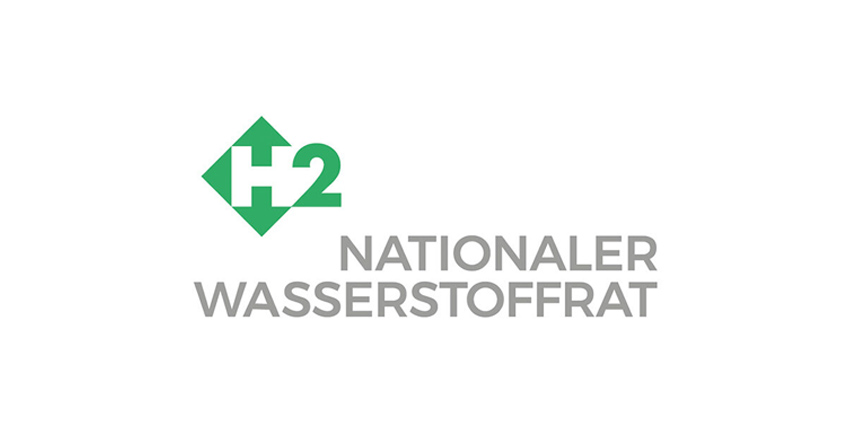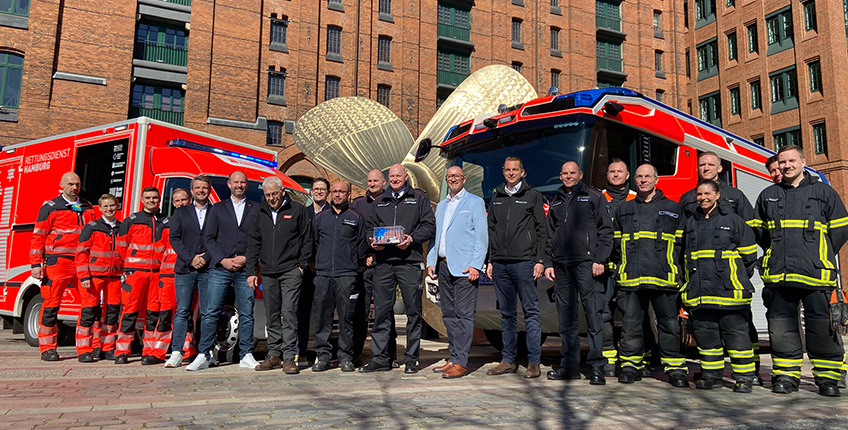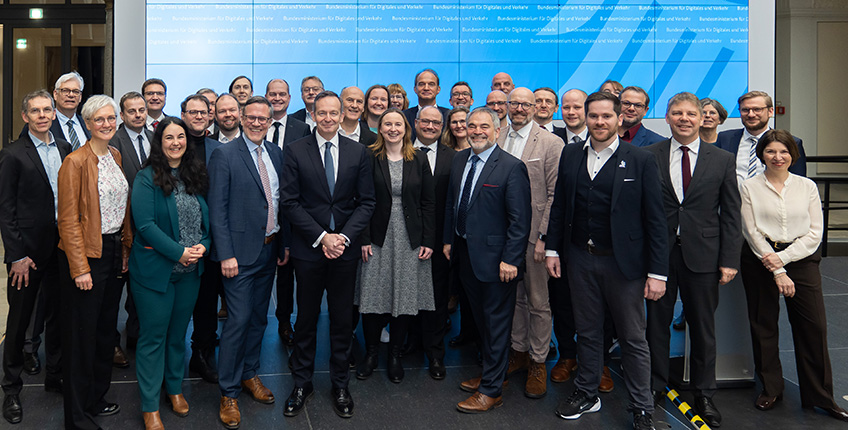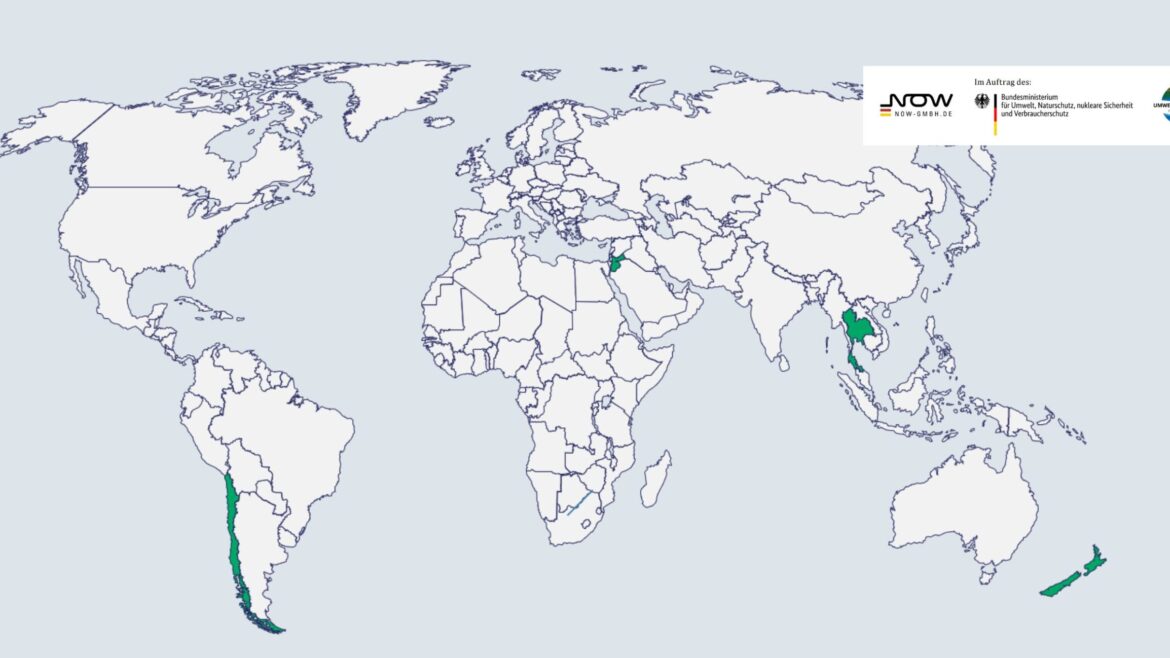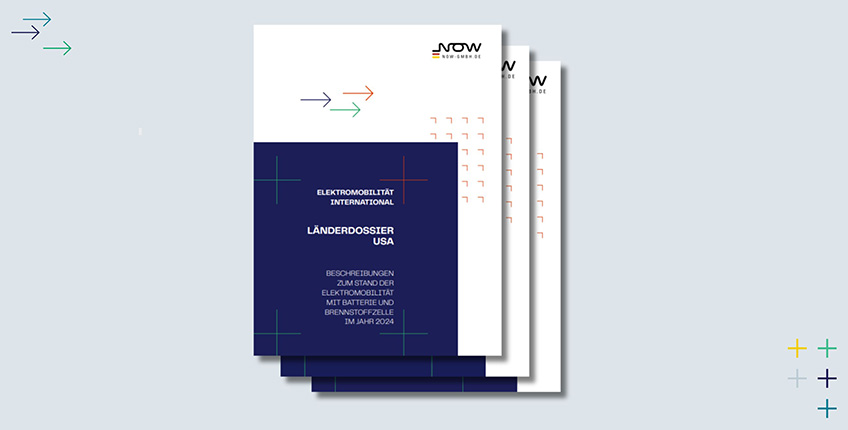“The ongoing expansion of the vehicle fleet with innovative drive systems is an important contribution to achieving the city’s climate targets. With the introduction of hydrogen technology in waste collection vehicles, far-reaching reductions in CO2 and noise emissions can be achieved,” applauds Dirk Stochla, Head of the Department of Transport and Waste Management, for the commitment by Stadtreiniger Kassel.
As early as September 2020, Stadtreiniger made the first preparations for the use of the new technology in waste collection vehicles. At that time, a conventional waste collection vehicle with all manner of measuring technology was used in the city area to record data in order to determine the specific energy requirements resulting from the topographical location and the respective requirements on location. The data collected can now be used to determine the number of fuel cells needed for the new waste collection vehicles.
The new vehicles will be equipped with hydrogen tanks and two fuel cells each. This technology can be configured in a modular manner according to the energy demand. The electrical energy produced by the fuel cells from hydrogen can be used to operate the vehicles’ drive and auxiliary functions. The vehicles are thus environmentally friendly and virtually silent when in operation.
“The higher acquisition costs are offset by increased energy efficiency and a longer period of use,” explains Dirk Lange, Operations Manager at Stadtreiniger Kassel. A hydrogen waste collection vehicle consumes only half as much energy as a conventional waste collection vehicle. The delivery of the new vehicles is scheduled for autumn 2022.
The procurement of the vehicles is being funded as part of the National Innovation Programme Hydrogen and Fuel Cell Technology – coordinated by NOW GmbH and implemented by Project Management Jülich (PtJ).
